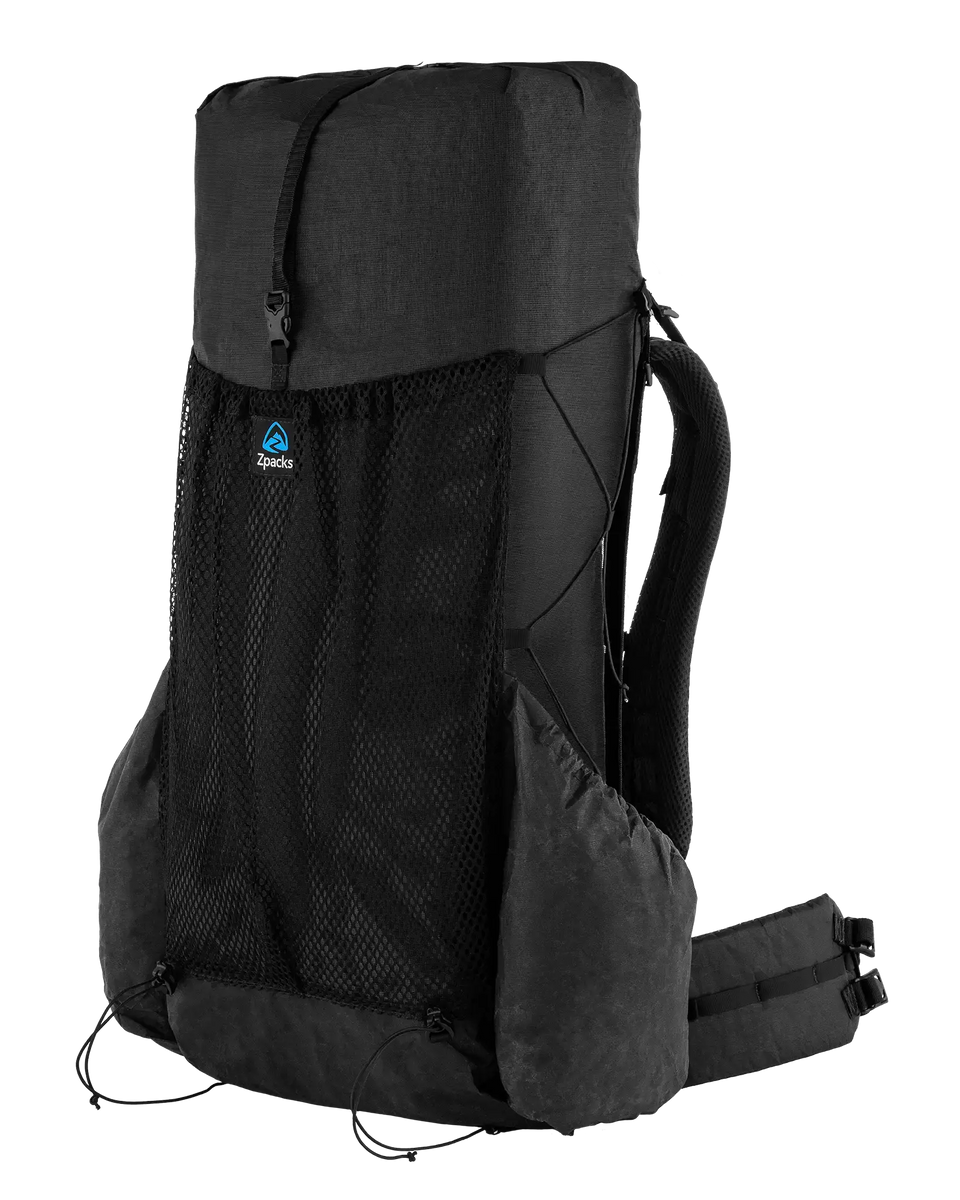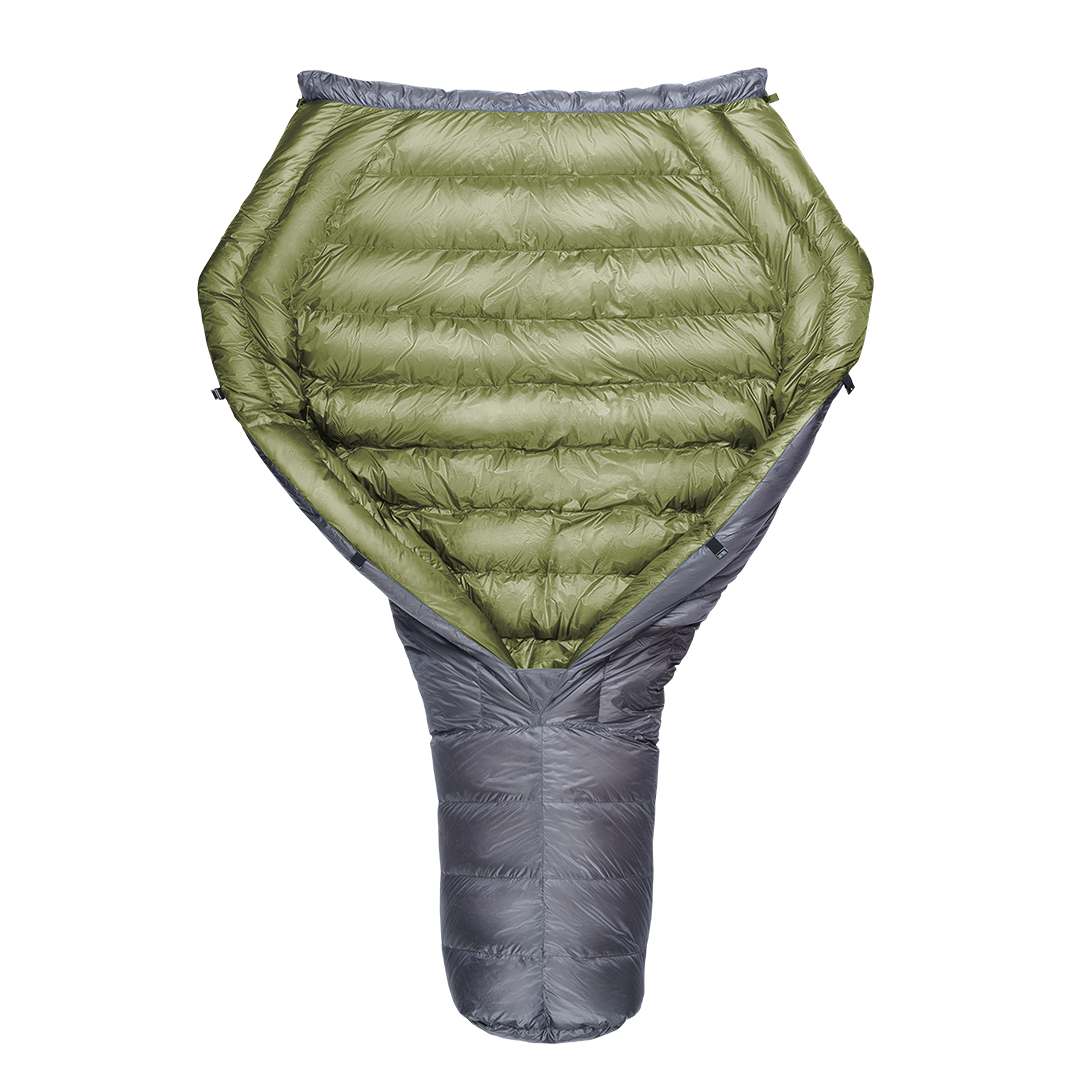Backpackers obsess over weight. Every ounce matters when you're hauling gear for miles. One hiker managed to slash their base weight by 50%—without turning into a miserable, comfort-deprived mountain zombie. They ditched the traditional tent, swapped boots for trail runners, and got smart about sharing communal items. No rocket science here, just practical choices. Their back thanked them. Their feet celebrated. And somehow, they still slept comfortably. The secret? It's more about what they don't pack, not what they packed.
Climbs up a mountain with a backpack that feels like it contains a heavy dumbbell isn't anyone's idea of fun. Hikers everywhere know this pain—literally. The average beginner lugs around 25-40 pounds of base weight before they wise up. Base weight, for the uninitiated, means your pack plus non-consumable gear. Not food. Not water. Just stuff. And most people carry too much of it.
Smart backpackers aim for 10-20% of their body weight. Period. Anything more creates a special kind of misery that ruins what should be a great outdoor experience. Lighter backpacks help reduce fatigue, improve mobility, and let you cover more ground. It's not hard to grasp, but you'd be surprised how many people miss this fundamental truth.
If your pack weighs more than 20% of your body weight, you're carrying your misery on your back.
The biggest gains come from addressing the heaviest culprits first. The backpack itself shouldn't exceed 2-3 pounds for multi-day trips—preferably closer to 2 or less. Sleeping bag or quilt? Down models rated 20-30°F typically weigh 1.5-3 pounds. And those bulky tents weighing 3-5 pounds? Cut that in half with trekking pole-supported designs.
No need for separate tent poles with a trekking pole tent. That's the kind of thinking that saves weight.
Small changes add up too but focus on big gains before. smaller gains. Seriously, who needs the entire toothbrush handle? Cut it off. Repackage toiletries into tiny containers. Use one soap for everything—dishes, body, laundry. A 1-ounce bottle lasts more than a week. Amazing.
Weather matters in the weight game. Summer trips? Bring a lighter sleeping bag rated 20°F higher. Ditch those tank-like boots (3-4 pounds) for trail runners (under 2 pounds) when conditions allow. For summers a 3-ounce windshirt often works better than a fleece heater.

For those willing to invest, ultralight gear delivers. Dyneema packs slash weight by 50%. Quilt-style sleep systems eliminate unnecessary zippers and hoods. Carbon fiber and titanium components cost more but weigh substantially less. The smart move? Upgrade gradually, testing new gear on shorter shakedown trips before committing to longer adventures.

Balance matters. Cutting weight shouldn't mean cutting safety margins. Sleep comfort remains non-negotiable—a tired hiker is a miserable hiker. You can share communal items with fellow hikers to significantly reduce individual pack weight without sacrificing functionality. Consider skipping stuff sacks and accepting a little less organization for impressive weight savings that add up quickly.
Just remember most people can shed half their pack weight without sacrificing a thing except bragging rights about how much they can carry. And honestly, who wants those anyway?




